The Neighborhood of God
The Good Samaritan and the Good Life
An expert in the law stood up to test Jesus. “Teacher,” he said, “what must I do to inherit eternal life?” He said to him, “What is written in the law? What do you read there?” He answered, “You shall love the Lord your God with all your heart and with all your soul and with all your strength and with all your mind and your neighbor as yourself.” And he said to him, “You have given the right answer; do this, and you will live.”
But wanting to vindicate himself, he asked Jesus, “And who is my neighbor?” Jesus replied, “A man was going down from Jerusalem to Jericho and fell into the hands of robbers, who stripped him, beat him, and took off, leaving him half dead. Now by chance a priest was going down that road, and when he saw him he passed by on the other side. So likewise a Levite, when he came to the place and saw him, passed by on the other side. But a Samaritan while traveling came upon him, and when he saw him he was moved with compassion. He went to him and bandaged his wounds, treating them with oil and wine. Then he put him on his own animal, brought him to an inn, and took care of him. The next day he took out two denarii, gave them to the innkeeper, and said, ‘Take care of him, and when I come back I will repay you whatever more you spend.’ Which of these three, do you think, was a neighbor to the man who fell into the hands of the robbers?” He said, “The one who showed him mercy.” Jesus said to him, “Go and do likewise.”
Luke 10:25-37
I wouldn’t be a Presbyterian pastor if I didn’t occasionally mention Presbyterian pastor Mr. Rogers. For decades, as we know, Mr. (not going by Rev.) Rogers had a PBS show filmed from a Pittsburgh studio, “Mr. Rogers’ Neighborhood.” You can pinpoint exactly where it was filmed in Studio A at WQED, but of course, it was not presented as a precise location. Mr. Rogers’ Neighborhood was a place that could have been anywhere—to viewers, it felt like both nowhere and everywhere. His neighborhood was not just the people who happened to be around us, though that is as good a starting point as any to find our neighbors, even if they are puppets. Part of the genius of Fred Rogers was that, without telling a single person on the air he was a Presbyterian minister, or even a Christian, he presented the kingdom of God as not a particular place with a particular land, but a state of mind; not a neighbor-dom, but a “neighborhood.”
So as we get into this most familiar story from Jesus, this so-named Good Samaritan, we step into the mind of Christ as to what it means to be in his neighborhood. For while Christ is the King of the kingdom of God, among ourselves, we humans are really supposed to live in a neighborhood, reflecting God’s grace on all of us back to each other, where everyone is a neighbor to everyone else.
We know there are several times in Scripture when religiously devout people seek self-justification with Jesus, and this is what our religious lawyer does here. “Love God, love neighbor, got it. But, okay, who counts as my neighbor?” He thinks he is testing Jesus, or perhaps preparing to argue his case for self-righteousness before God, when, much to his embarrassment, he actually is already standing before God. Christ, of course, turns his question around. The question that was “Who is my neighbor?” Jesus says, really, is, “Are you a neighbor?” And so the question we are meant to ask ourselves is: “Am I a neighbor?” Because the point Jesus is making is that the world is full of neighbors. It’s all a potential neighborhood. Whether someone is your neighbor doesn’t depend on them—it depends on you.
If that hits home for you in the guilt-gut, you are not alone. How many of us are little religious lawyers in our own minds, seeking self-justification? Not just asking God to teach us, but reading the Bible for proof, “A-ha, see there, I’m not the bad one,” looking for the Bible heroes who act like me, think like me, the Good Presbyterian! We might even do that in this story when we read those priests going on the other side of the road.
But we’ve all been those priests before. And we’ve probably all been the innkeeper, asked to help out by some stranger, maybe a little uneasily and with some convincing. Perhaps this story is powerful because we’ve also all been the man in the ditch in some way. And if we’re lucky, we have (through no real goodness of our own) been the Good Samaritan at least once before. Really, I believe almost every child has been a Good Samaritan in some precious way before they reach kindergarten. Maybe that’s why Mr. Rogers’ Neighborhood was made for them.
Because this story is so familiar, we likely already know some of the crucial context: Jews and Samaritans did not get along. But is the moral of this story that Samaritans are secretly saints? No. They are, on biblical terms, wrong on some key points about God. The Samaritans (once in greater numbers, with around 900 still alive) have a similar heritage to Jews, where they each believed they had the authentic Torah and were the true inheritors of God’s law, and Samaritans were likely just as judgmental of Jews as vice versa. They believe Mount Gerazim (in today’s West Bank) is the holiest site to God, and not Jerusalem, a profound theological difference. So when we think of who the Good Samaritans might be in our personal world, think of someone who is physically closest to you who you just know they are deeply, deathly wrong about the big questions. Based on the deification of our politics, the modern name of this parable would likely be “The Good Liberal” or “The Good Trump Supporter,” someone just fundamentally wrong about the universe. If we stick to the lawyer’s question, “Who is my neighbor?”, we can start where our enemies are.




Even to Jesus, the Good Samaritan still had the wrong beliefs about God. Just one chapter earlier, in Luke 9, Samaritans directly reject Jesus because he was on pilgrimage to Jerusalem. In another time and place, in John 4, Jesus had something to teach a Samaritan woman. But in this time and this place, the wrongness of Samaritan beliefs wasn’t the point.
Instead, it’s our hidden beliefs that are on trial, showing us who our little-g god is as we walk to the other side. Jesus tells us that he can tell who our god is based on who we think is our neighbor and who we treat as our neighbor by who we do and don’t help. Is your god your politics? Is your god your religion? Is your God a business that you have to get back to? Is your god your family? Is your god your pride? Your comfort? Your time? When those are our gods—and those are just some of them—suddenly we’ll find the amount of true neighbors we have shrinks to the people we feel comfortable with, who are in our religion or can share our politics, who don't cost anything to help. It’s a small neighborhood.
As Jesus reminds us, who is our neighbor is never about who they are, it’s about what you do. It’s also deeply linked to the greatest commandment, “Love the Lord your God with all your heart, and with all your soul and with all your strength and with all your mind.” Because in answering, “Who is my true God, the one I ought to love and serve and hand over my whole being?”, you will eventually discover the answer to the question, “Who is my neighbor?”
Jesus didn't come to abolish the Law, and he didn’t come to abolish the idea of neighbors, as if there are no differences between us. He came to fulfill what it means to be a neighbor. He didn’t come to abolish morality, but to establish the neighborhood of God. Just because we live close to people doesn’t mean we are in a neighborhood, but whether we are living in a reign of neighbors loving neighbors that starts with us on the Road to Jericho, the road known as “the bloody way” for its violence.1 The Way that Christ teaches is also bloody; we are meant to go where people are bleeding, get their blood on us, and bleed with them too.
And so perhaps the even fuller question beyond “Who is my neighbor?” becomes, “What do you need to do to nurse your neighbor back to life? What do you need to do to help someone with what they need physically and what they need spiritually? Who is within your power to help that needs it?” I really think it’s that simple.
Simple doesn’t mean easy. The bar here of “loving your neighbor as yourself” is one that is impossibly high. Are any of us always just as concerned with meeting the needs of others to the same degree we are with meeting our own needs? Of course not.2 Sometimes I think we avoid it because, in our self-justification, we tell ourselves things are more complicated than they are. Helping our neighbors isn’t always easy, but it is often simple. Quite often, the right thing is simple but hard to do.
Yet the fountain of life is always there to drink from. For the moments we take the risk to really love a neighbor at risk to ourselves, in those moments we really are neighbors, truly living in God’s neighborhood, nourishing the soul in an undeniable way more than we knew was possible. I know we’ve all lived in that neighborhood for at least a moment. Then we develop amnesia. Eventually, we might think it was just a TV show, as real as a make-believe land with puppets and a nice guy in a sweater.
But if we're feeling guilty about this passage, we haven't quite gotten it yet. The guilt is not the point. Yes, we are guilty, but the guilt is not the point of the Gospel. The starting point is that we are sinners in need of salvation, but that's not the endpoint. The point is an invitation to live in the life that can only be experienced when given away. True living is in the life given for others, to be the thing that gives itself away so that others might be nurtured. That is the Neighborhood of God.
So let us ask ourselves not only, “Am I a neighbor?”, but, “What do I need to do to give my neighbor life?” Wash, rinse, repeat; wash the wounds, rinse your hands, repeat over and over again.
As a final thought, I’d love to note that the inn in this story is meant to be the Church, acting as a field hospital (as we talked about last week). Christ is the true Good Samaritan, our true neighbor, showing us mercy when we are wounded and bloodied and left for dead, asking that we in the inn take care of the wounded until Christ comes again, where he will repay us far more than we could ever spend. Amen.
H/t Tim Keller, Ministries of Mercy
H/t Bishop Robert Barron for here and the last paragraph.


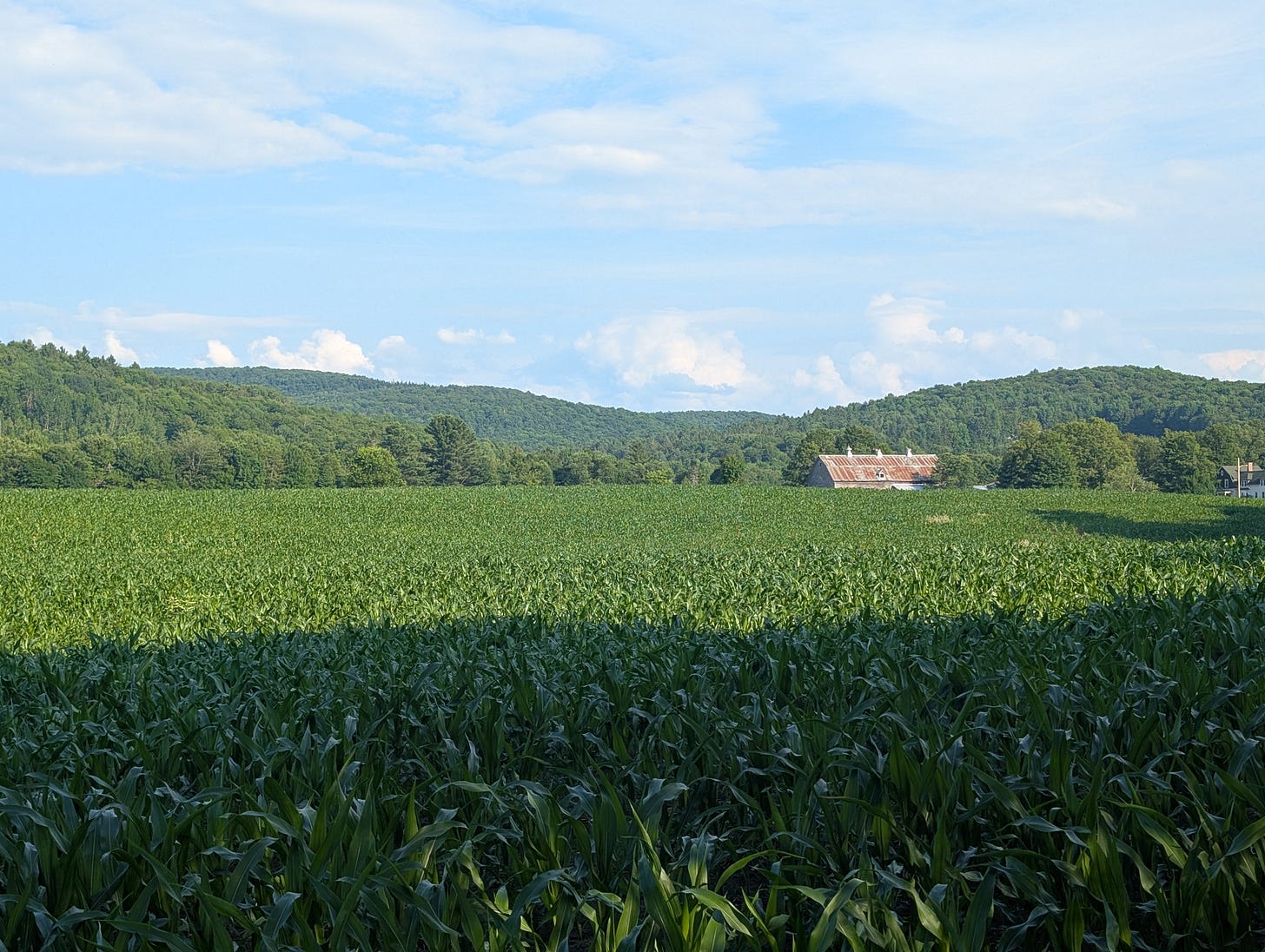
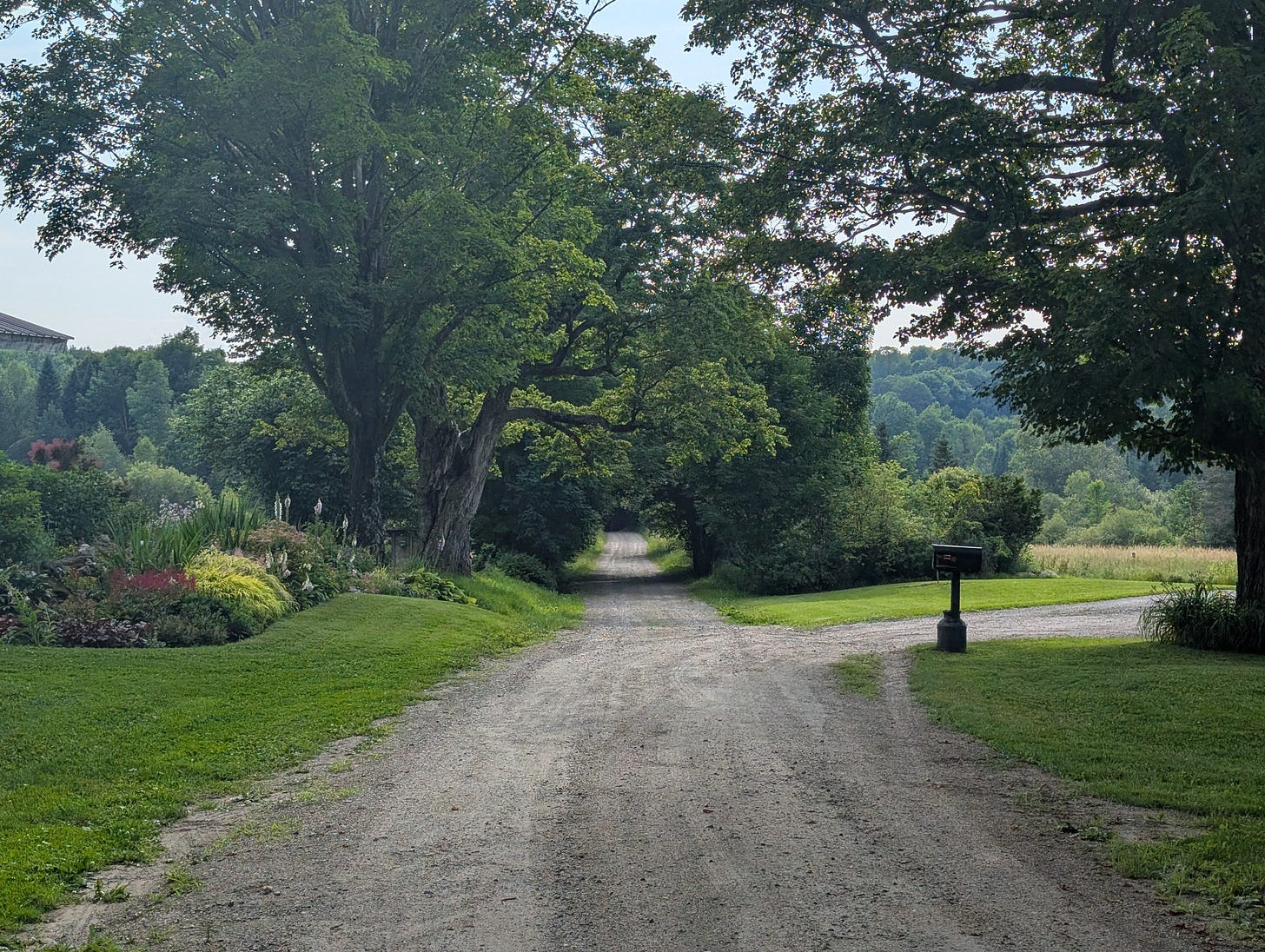
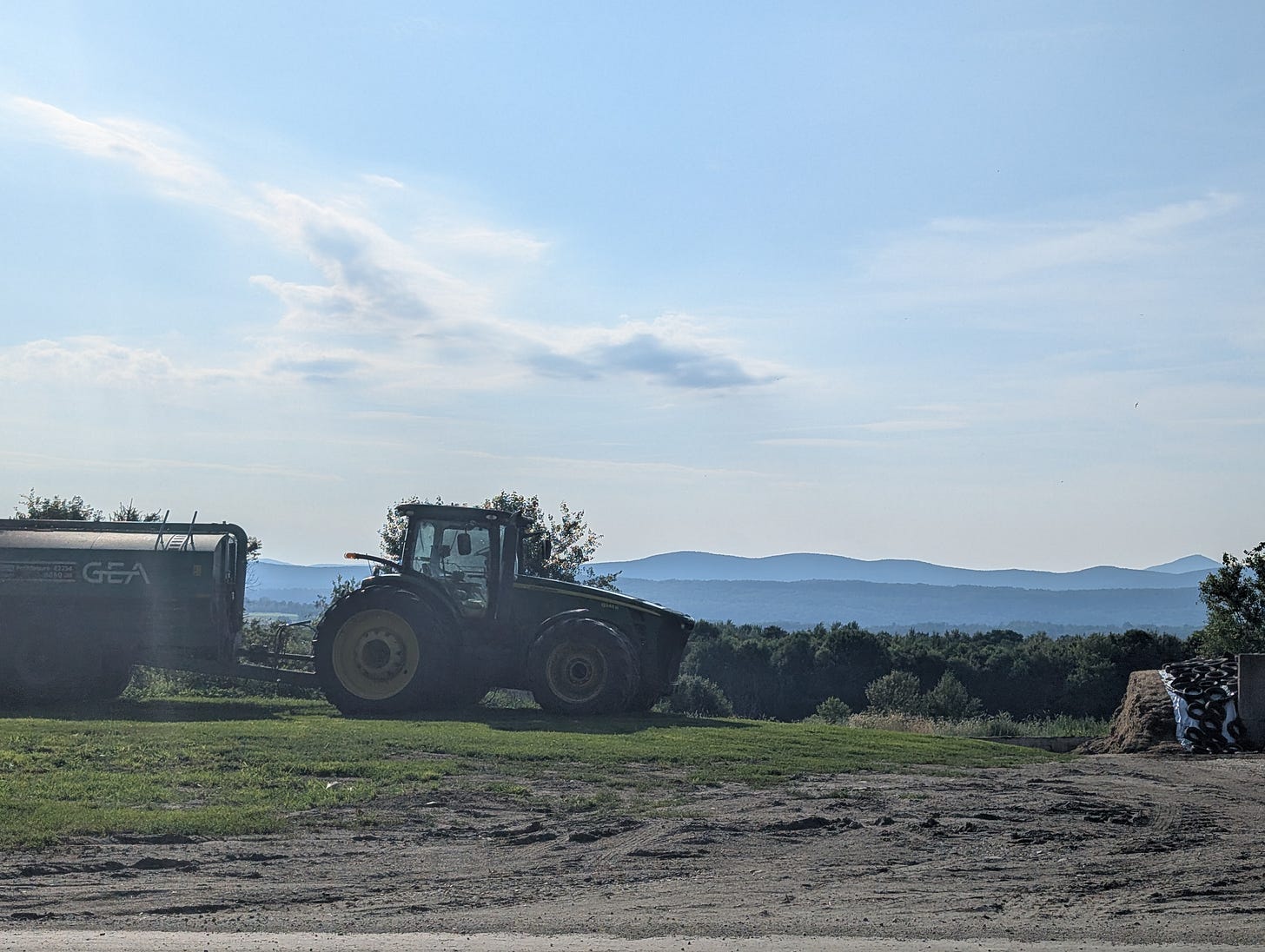
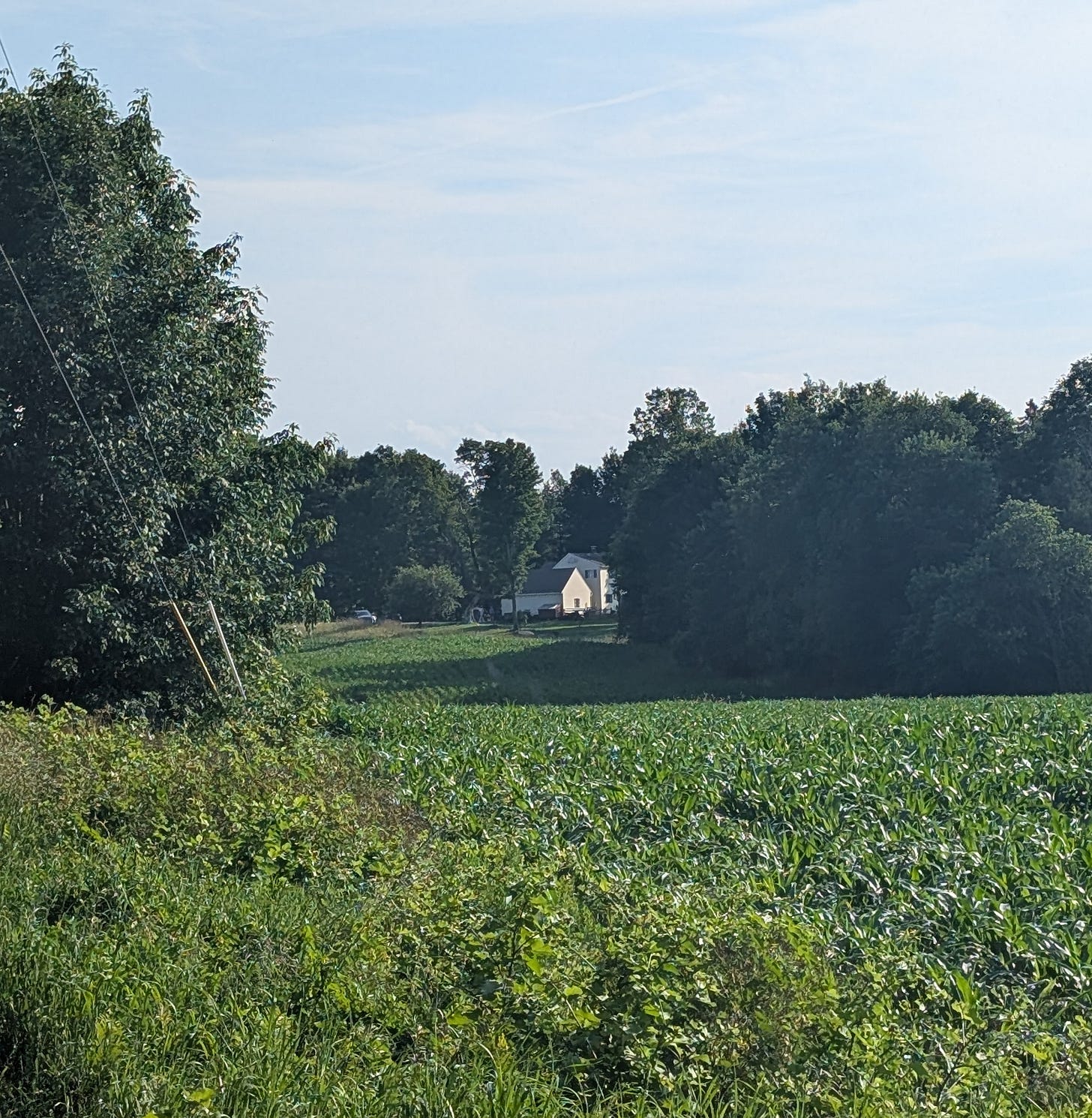
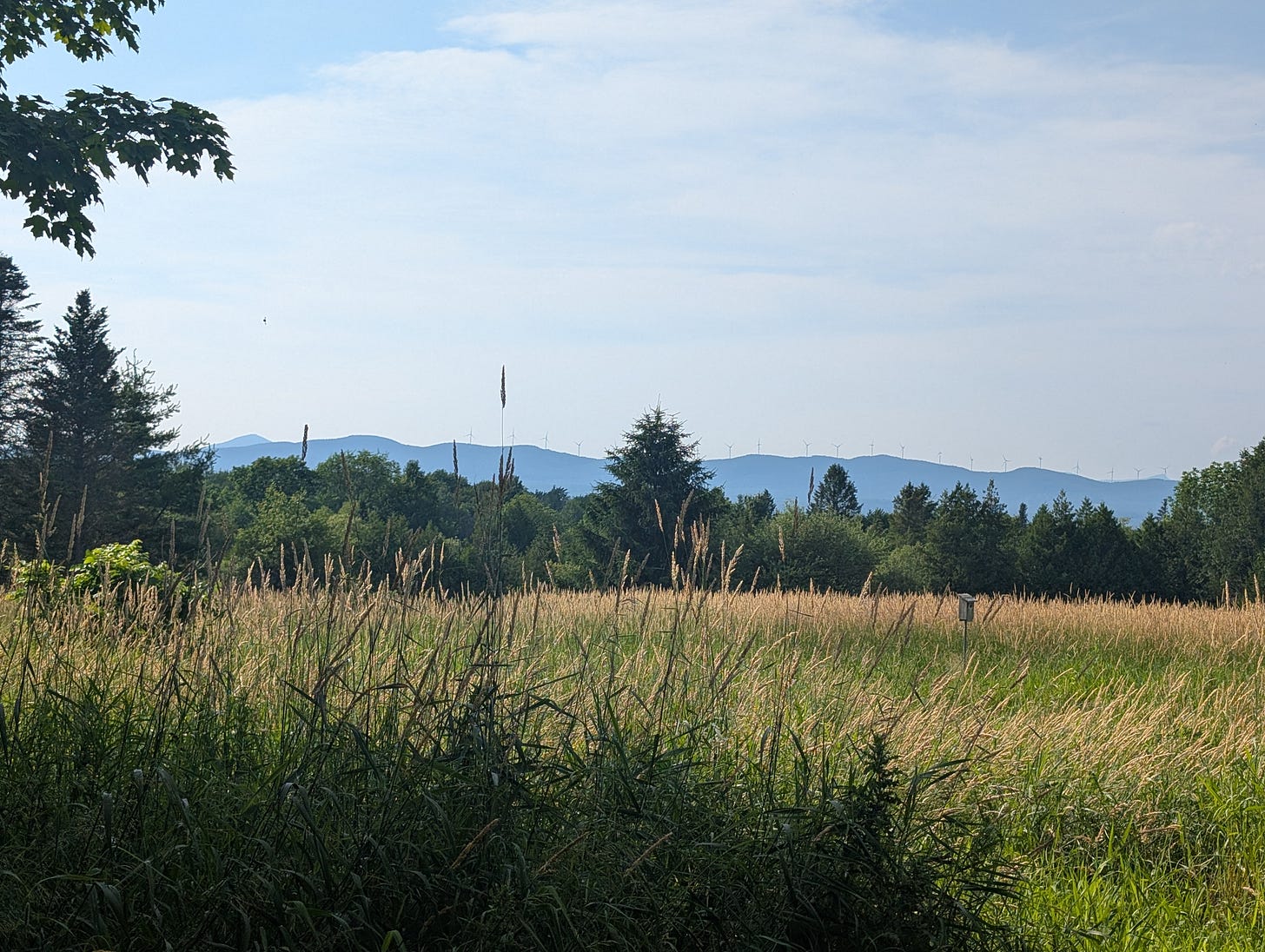
Beautifully written, Joe. Your insight—that the real question isn’t “Who is my neighbor?” but “Am I one?”—goes straight to the heart. It resonates deeply with the vision I explore in Symbiotic Culture, where love, trust, and shared purpose form the foundation of a decentralized way of life. Like the early Christians, we’re being called to live by a relational protocol rooted in Divine Love—one that spreads not through control, but through compassion, humility, and connection.
I call this Symbiotic Kinship—a living pattern that extends across communities through relational nodes of meaningful intersection. I’ve witnessed its power to uplift neighborhoods, strengthen entire communities, and renew local economies by forging bridges between groups that once stood apart. Just as the early church quietly formed a parallel society within the Roman Empire, this pattern offers a real path to building a countercultural society and economy today—beginning with families, streets, organizations, and civic networks. A revived Church can play a vital role—not only in uniting Christians, but in walking alongside secular allies to renew the fabric of local life.